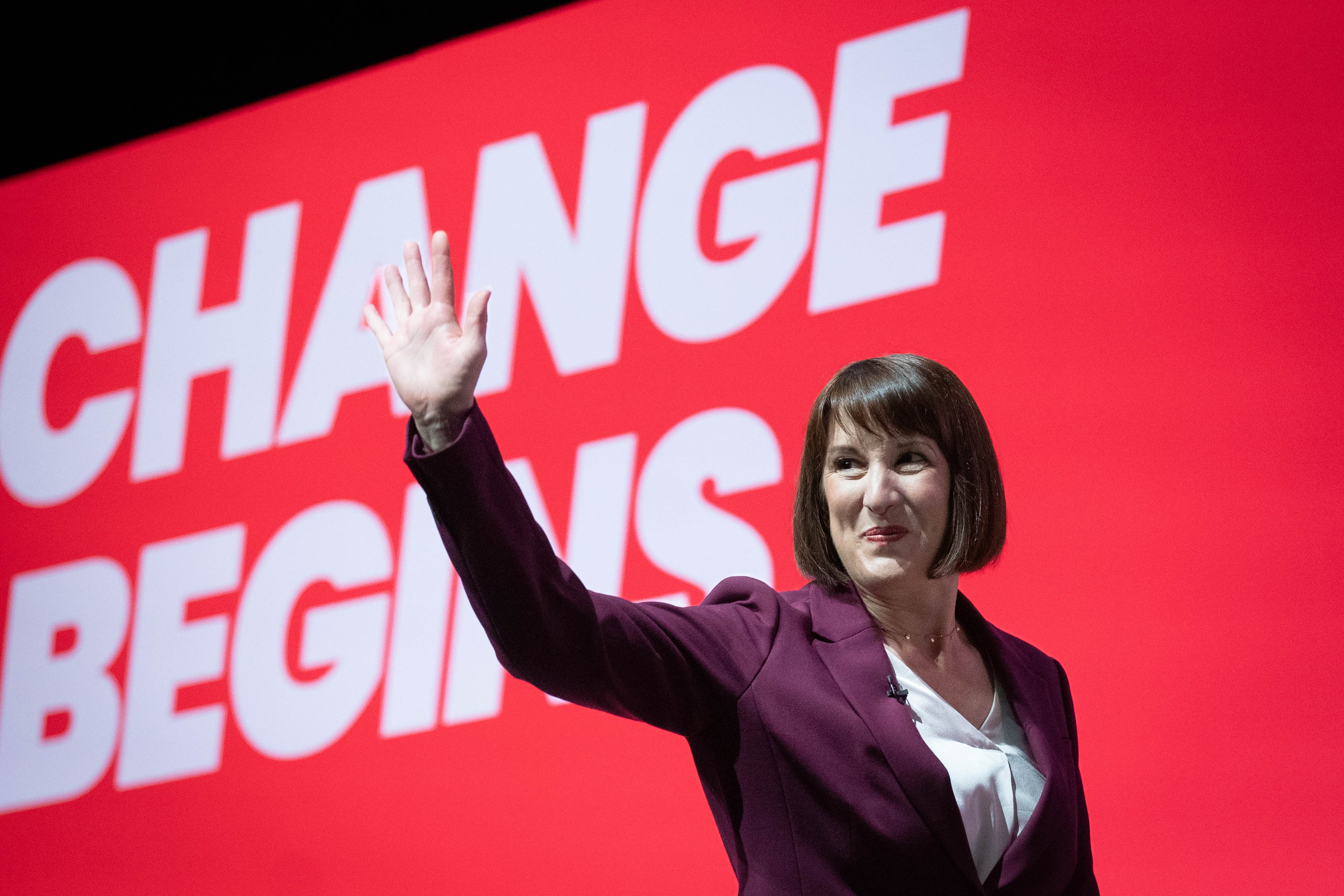Britain’s debt nightmare means more tax rises could be on the way
Borrowing in October hit £17.4bn, close to record levels. James Moore asks how long it will be before Rachel Reeves is forced to impose more Budget pain


The latest public sector borrowing figures are enough to have anyone inside 11 Downing Street heading for the drinks cabinet. The total came to £17.4bn in October; that’s £1.6bn more than this time last year, £5bn higher than City forecasts, and the second highest October number since monthly records began in January 1993.
A word of caution: these monthly numbers are very volatile. But there is no disguising the fact that this was a bad one. And we’ve had a run of bad ones recently.
It is worryingly close to the £18.2bn recorded in October 2020, during the height of the pandemic when millions of people were having their wages paid by the government and large chunks of the economy were closed.
The government also spent £9.1bn on interest alone – £0.5bn more than this time last year and the highest October figure since monthly records began in January 1997.
At 97.5 per cent of GDP, public sector net debt is running at levels not seen since the early 1960s. Small wonder that chancellor Rachel Reeves changed the calculation for the purposes of her fiscal rules, settling instead on public sector net financial liabilities. They sit at 83.7 per cent of GDP – hardly something to celebrate.
I’m used to writing about big numbers. But reading through the blizzard of data put out by the Office for National Statistics made even me feel slightly queasy. I couldn’t help but recall a speech by previous governor of the Bank of England, Mark Carney, who warned that Britain risked becoming dangerously reliant upon “the kindness of strangers”. At the time, he was sounding alarm about the impact of Brexit on the public finances. Carney has been proved correct, and these figures underline that.
Who or what is to blame for October’s debt surge? It is actually a consequence of decisions made by both the current government and its predecessor. The latter cut workers’ national insurance contributions by 1 per cent – depriving the exchequer of £1.1bn, while failing to address the gap between projected spending and tax revenues. This led to the “black hole” Reeves has repeatedly talked about. The present government chucked petrol on the fire with a series of generous public sector pay rises that have sharply increased its bills. It should be said that the ongoing industrial action that ultimately led to those settlements was hurting the economy, damaging both public services and the public’s faith in them; so the settlements came with wider benefits. But they still have to be paid for. Then there is inflation.
None of this makes happy reading for the chancellor. While Reeves changed the way the national debt is calculated to make her fiscal rules easier, she still has to obey them. Self-imposed they may be, but the bond markets, which are what Britain taps to find lenders, take them seriously. Ignoring them is a recipe for disaster. Just ask Liz Truss.
Given the fiscal situation she inherited, the chancellor had little choice but to increase taxes. My disagreement with her is that her biggest earner – increasing employer national insurance contributions (NICs) – will lead to reduced wage settlements, and is inflationary because companies will hike their prices to cope (retailers have promised to do that).
A more sensible route might have been to spread the pain around, perhaps by increasing employee national insurance as well. At one point in the last parliament, Rishi Sunak did just that. But Labour’s promise boxed Reeves in and she now has very little wiggle room. Departmental budgets are barely going to increase, making it hard to address the state of public services. With debt shooting up, and rumblings of discontent on the bond markets increasing what Britain has to pay to service it, it looks increasingly likely that she will have to raise taxes again.
Paul Johnson, director general of the Institute for Fiscal Studies, described her budget as “a non-event” because Reeves “kicked the big decisions on public service spending down the road”. It looks as if she has done the same with big decisions on balancing the books. There may be trouble ahead for all of us when Reeves has to face the music.



Join our commenting forum
Join thought-provoking conversations, follow other Independent readers and see their replies
Comments